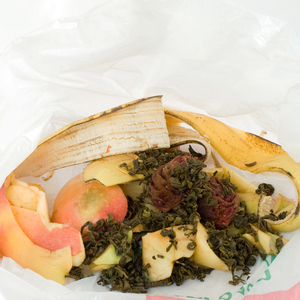Greenbelt installs food waste bioethanol system in Indonesia

August 11, 2017
BY Staff Report
Greenbelt Resources Corp. expects its waste-to-ethanol system to save Indonesia as much as $600 million in food industry waste handling.
Greenbelt launched its ECOsystem project April 27 at Jababeka Infrastruktur, the first installation of the system in Indonesia. The system recycles food waste and converts it into bioproducts including bioethanol, protein, fertilizer or drinking water. Greenbelt has installed ECOsystem in New South Wales, Australia, and is looking to develop in the southeast U.S.
“The food waste that is naturally unavoidable, especially in agriculture and the food processing industry, Greenbelt’s technology can turn waste expense into new economic value streams, potential even high-value protein suitable for humans,” said Darren Eng, Greenbelt CEO, in a statement. “It’s tragic in our world where so many face starvation that food waste has become such a huge problem.”
According to an article in The Economic Times, food loss and waste amounts to $940 billion, more than the country’s entire gross domestic product.
Advertisement
Advertisement
Related Stories
Neste and DHL Express have strengthened their collaboration with the supply of 7,400 tons (9.5 million liters) of neat, i.e. unblended, Neste MY Sustainable Aviation Fuel to DHL Express at Singapore Changi Airport starting July 2025.
CoBank’s latest quarterly research report, released July 10, highlights current uncertainty around the implementation of three biofuel policies, RFS RVOs, small refinery exemptions (SREs) and the 45Z clean fuels production tax credit.
The USDA significantly increased its estimate for 2025-’26 soybean oil use in biofuel production in its latest World Agricultural Supply and Demand Estimates report, released July 11. The outlook for soybean production was revised down.
The U.S. Energy Information Administration maintained its forecast for 2025 and 2026 biodiesel, renewable diesel and sustainable aviation fuel (SAF) production in its latest Short-Term Energy Outlook, released July 8.
XCF Global Inc. on July 10 shared its strategic plan to invest close to $1 billion in developing a network of SAF production facilities, expanding its U.S. footprint, and advancing its international growth strategy.
Upcoming Events










